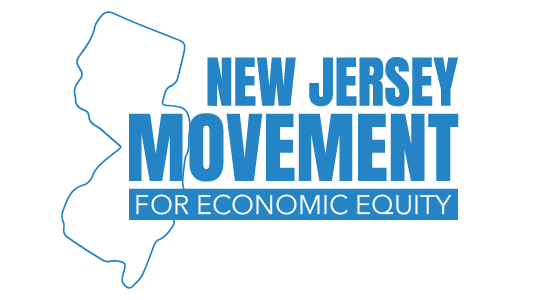The state’s successful and revolutionary Child Tax Credit (CTC) program provides up to $1,000 per child under age 6 to tax filers earning up to $80,000 (Source: Senate and General Assembly of NJ).
However, this benefit still falls short of the needs of children statewide. New Jersey faces higher child care, housing, and health care prices than other states, and families often need extra assistance to meet basic needs (Source: Economic Policy Institute).
Tax experts estimate that a $2,000 annual credit for all ages of children would reduce child poverty by one quarter and assist nearly 1 million children and their families (Source: Institute on Taxation and Economic Policy).

